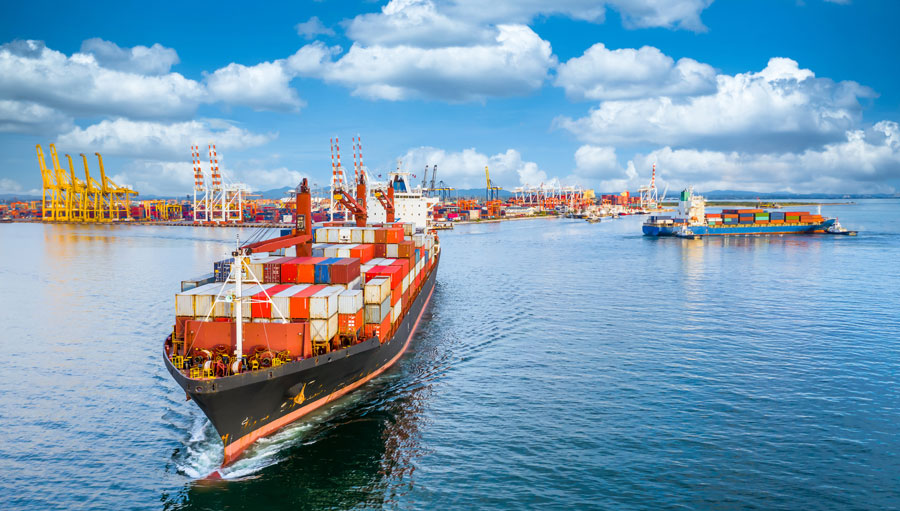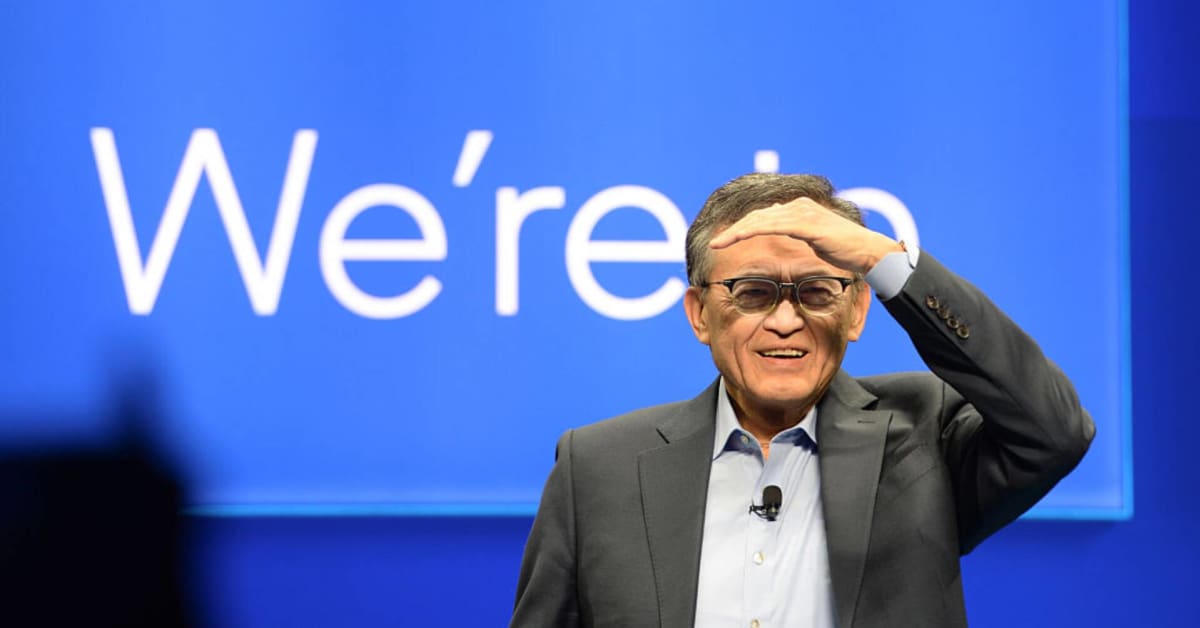By Joshua Neil
Copyright edie

Given these significant challenges, it is important that businesses understand where quick wins lie that can start the ball rolling – and how to demonstrate that success without fear of greenwashing.
edie partnered with Zeigo by Schneider Electric to host a recent 45-minute masterclass on turning supplier ambition into measurable action.
The session featured Zeigo’s Russell Reading (Head of Energy Markets), Vishnu Nair (Head of Zeigo Activate & Zeigo Hub) and Sam Barron (Associate Software Business Development Manager), and explored how sustainability and procurement teams can request the right data, land quick wins, and communicate progress credibly, without sidelining SMEs.
Read on for four key learnings from the webinar. Click here to watch a recording of the webinar in full.
Tightening regulation affects the whole value chain
The session began with a discussion about UK, EU and global frameworks on supply chain decarbonisation – and their rapidity with which they evolve. Reading noted that even when disclosures are only targeting listed or larger firms, suppliers can become ‘sucked in’ to requirements due to their customers’ need for consistent, auditable data.
Upcoming changes like the IFRS-aligned UK standards and updates to the GHG Protocol affecting Scope 2/3 accounting will raise expectations on data quality and transition planning even further.
The experts noted that a pragmatic response to this challenge was to begin combating it early: build stakeholder understanding, run a double-materiality lens to prioritise hotspots, and put data systems in place before requests hit at scale. The message was clear: while the requirements are phased, they are not optional – and it is important for businesses to get ahead now to avoid retrofitting processes later.
Creating a simple, effective decarbonisation strategy is key
When building a decarbonisation strategy for decarbonising the supply chain, a ‘crawl-walk-run’ approach was stressed. Standardised, supplier-friendly platforms were noted as critical for a clear strategy: they have the ability to educate, guide inputs to common methodologies, and ensure comparable metrics so “one supplier’s seven equals another’s seven”.
Crucially, the audience was warned not to lead with product carbon footprints across the board. While such tools are powerful, they are also challenging for suppliers to generate and more complex in terms of subject-matter expertise. As such, they should be deployed surgically once foundational emissions data has already been identified and gathered.
Early momentum, it was argued, comes from securing this base emissions data alongside establishing clear commitments from suppliers, before moving into quality and granularity. The audience was advised to design strategies that worked for the supplier experience as much as for their own needs, as without simplicity, participation could collapse.
Balance incentives, segmentation and inclusion
Currently, only a minority of businesses (15%) have upstream Scope 3 targets, despite increasing trends around executive incentivisation, with one recent survey finding 57% of respondent executives had tied contracts to performance on ESG- and supply chain decarbonisation-related metrics.
The experts discussed the fact that creating incentives or disincentives for the supplier – based on efficiencies, targets hit, or simple rewards for achieving ESG goals – generally outperformed programmes that relied on simple requests for information.
One tip highlighted focused on segment-based coalitions, involving multiple peers in a sector collaborating to act as a force multiplier: it was noted that while one buyer or company could be ignored by a supplier, twenty acting in unison to demand sustainable practices were much more difficult to ignore.
It was also noted that a one-size-fits-all approach is rarely the best path: while large suppliers may access PPAs and on-site renewables, SMEs will generally move faster with energy-efficiency projects that cut costs now. Viewers were encouraged to prioritise their top emitters, but ensure SMEs and smaller suppliers were also included and empowered by design.
Communicate with honesty
Finally, to avoid greenwashing, the experts discussed disciplined transparency as a clear antidote: they noted that companies should show both their wins an challenges, and set public supplier targets that could be tracked through real actions.
They argued that consistency was key in methodology, with genuine progress reported to create transparency. During the Q&A section of the webinar, the speakers cautioned against penalising SMEs as a blanket rule when determining contracts and tenders; instead, they noted companies should begin by measuring engagement and capacity-building, then set expectations as the relationship is established.
When asked when companies should walk away from a supplier relationship, the answer was pragmatic: if businesses can afford to walk away from under-performing suppliers, they should: if practical, this should be built into the supply chain program to make penalties and incentives very clear.
However, it was noted that this is not an option for many companies, and for those that cannot, they should focus instead on making supplier engagement easy, clear and evidently valuable, both to the client company and to the supplier in terms of contract incentives.
Click here to watch a recording of the webinar in full.



